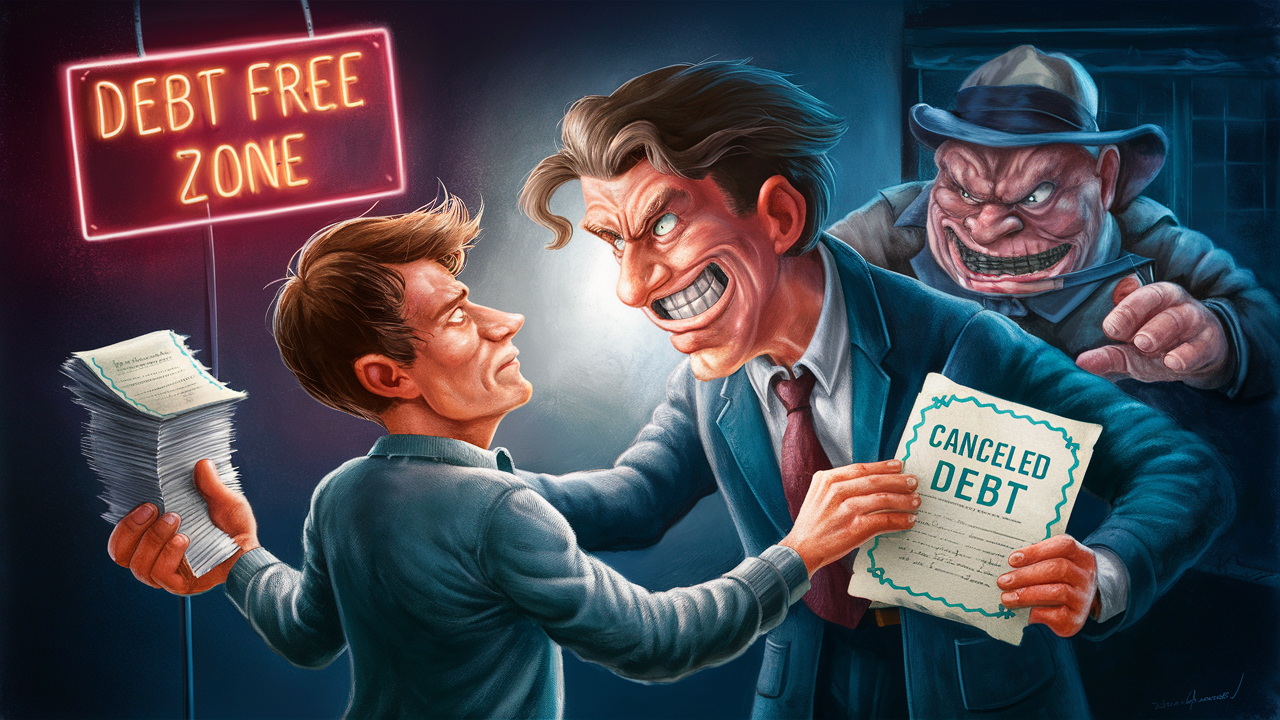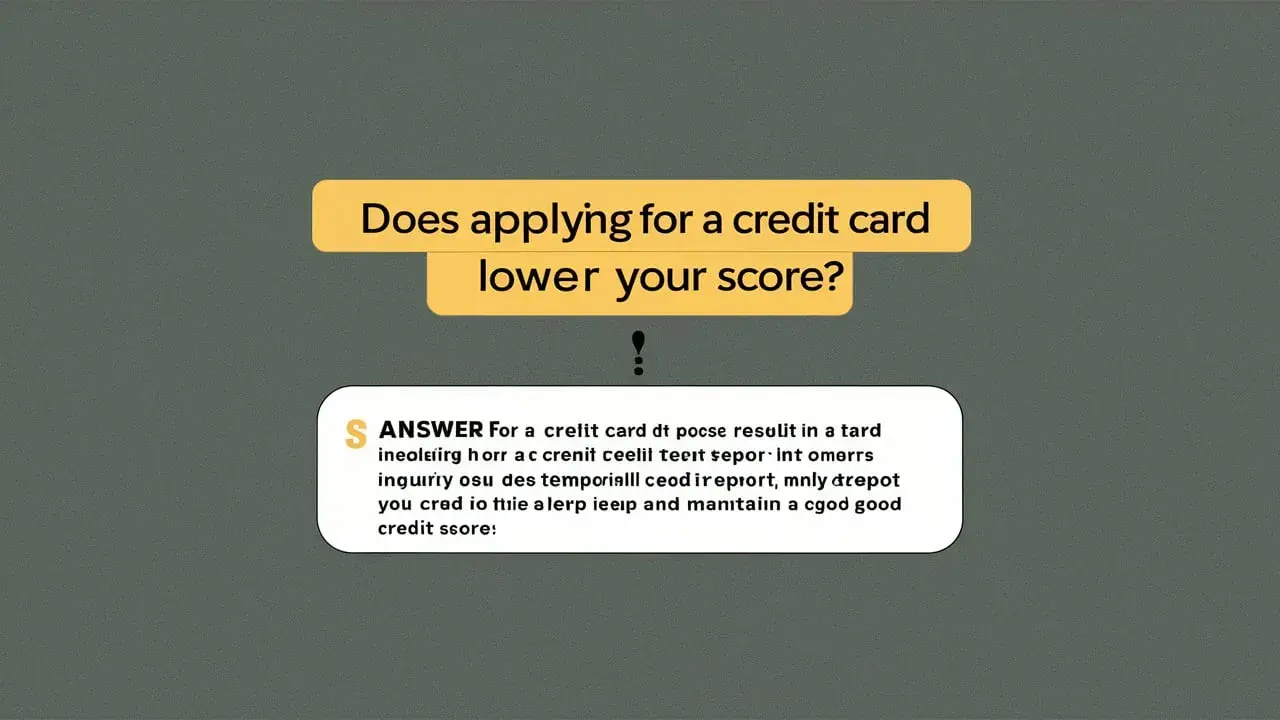-
Posted on: 24 Jul 2024

-
Top Reasons Why You Should Never Pay a Debt Collector
The debt collectors are very hard on people and can even make threats in an attempt to force the debtor to pay the money. Yet, there are very good reasons as to why you should refrain from paying debt collectors directly or entering into negotiations with them for payment arrangements.
It’s important to note that ‘Debt’ may not be Yours.
That is why, it is recommended not to pay a debt collector for the following reasons: the debt collector may turn out to be a scam, and the debt that they are trying to collect may not be yours. Collection agencies routinely buy debts that are sometimes stale or just a few years old for a few cents on the dollar, but they usually do not have sufficient evidence that the accounts in question are yours.
It is also a usual case that collectors are calling about some debts you have already paid or which do not exist according to your records. In case, you are called by a collector demanding you to pay up a particular debt, do not pay before the collector provides you with detailed documentation proving the claim to be genuine and belonging to you.
That being said, if there is no agreement, there can be no obligation in the context of section 230(c)(1).
If people have called you regarding a debt that you never agreed to repay or set an installment plan for, it is unlawful for them to compel you to pay. You are allowed to demand that the original agreement to pay the particular debt be produced before you release any money to a collection agency that may decide to call you one day.
Most debts are beyond the statute of limitation after some time, some of which may be 3 years, others 6 years depending on the state laws, and you cannot be forced to pay the debt unless there is written consent or a contract that you signed and agreed to pay the amount in question. This means collectors have no legal ways that would allow them to make you pay your debts that are long overdue. The first thing to consider is whether the debt is within or out of its statute or limitations.
It is also important to consider again the possibility that the resetting statute of limitations for payment may be a risk, if any, for insurers.
This is a legal way of defining when a debt is so old that it does not fall under the statute of limitations period. After this period, which ranges from 3 to 10 years in various states, depending on the most vulnerable debts, collectors can no longer legally take legal action against a consumer to claim the money. Nevertheless, if you make a payment or partial payment, enter into a payment plan, or verbally agree to repay the debt then this will reopen the statute of limitation window and restore the collection rights of the collector to sue you.
In essence, what collectors mean is that even though you have settled the bargain by offering even a little ‘good faith’ amount, any collector can use this to claim that you have come back to accept full responsibility for repaying the debt. Never pay a single dollar, because the repayment will restart the legal time limits that are against you to verify that the debt won’t simply reopen the expired legal windows.
Credit scores are again brought into the picture and this time they act as the loser due to paying debts in collections.
While you may hope that paying debts in collection helps improve your credit report and scores, the opposite is true: any payments only strengthen the delinquencies already reported in the credit reference, thus the low credit score. But when it comes to reducing credit card bills and negotiating a ‘pay for delete’ deal; you are in a better position. With this tactic, a collector legally narrows down in advance that he will delete the negative entry from your credit report on the condition that you pay the compromised lower amount.
Never make any form of payment to collection agencies, unless you have their repayment deletion agreement in writing initially to avoid any detrimental effects on your credit report. Otherwise, you get nothing but to enrich an agency while the debts will remain on your reports for as long as possible.
Increased Chances of Being Contacted by collectors
Settling a prior account may trigger yet another round of increased and harsher collection efforts. Collectors often share such information within a short period whenever they find someone willing to pay for their products. This frequently triggers new transfers of debt ownership and more annoying calls as the collectors attempt to profit off your repayment history. By sending out the first cheque you set the impression that you are ready and willing to double your bet on the next round and when pressured and harassed.
Late payments and threats from collectors are not as violent as they are portrayed.
Debt collectors desire to scare consumers into paying back the debt through threats which include suing the consumer, garnishing wages, seizing assets, and credit reporting among others, very little that a debt collector threatens is legal or factual. Federal and state laws also protect consumers in debt collection matters, so you should familiarize yourself with those rights as well. Another issue is that collectors use false statements or greatly exaggerate risks in a bid to compel the recalcitrant debtors to pay up. While forceful, the majority of their bark is blustering with little to back it up. Thus, other than the legal right to come and collect what you truly owe, most of the other things that they threaten will not occur. As you fight against collectors, make sure you have enough information and that you know when and how to tell the collectors to go to hell regarding legally enforceable rights.
Bailiffs and sheriffs who implement collection laws most of the time misuse the laws.
If you have time to converse with the scammers, they will sooner or later make an unlawful step or use abusive language when trying to force the debtor to pay. Collectors are prohibited from making falsehoods, making excessive threats, or using abusive language to demand debts under the U. S FDCPA regulations. Current restrictions include restrictions on the number of calls made and the hours in a given day when collection can be attempted. If you pay ridiculous debts on the same day that a collector contacts you, you fail to seize opportunities that you know the collector is bound to mess up with either in a bid to stop calling you or you get to sue the collector under the federal and state laws that protect consumers. Let them overplay their hands first, then you can counter them as much as you like.
This can be quite counterproductive since you may be charged more than what you owe.e
Of course, nobody can love immediate payment more than debt collectors, they also often begin the negotiations with extremely high demands for payment stating the balance to be due. However, debt collectors attach high or even fake interest rates, penalties, and fees which amount to more than the original debts. There is no indication that consumers can negotiate for lower balances or structure their payments to gradually meet their obligations through longer and more manageable intervals as fast payment expunges all these opportunities. It is imperative to recall that collectors buy debts for a fraction of a cent on each dollar, learning the ins and outs of a situation may not always be in one’s best interest. There is always a certain percentage that must be negotiated down or request collectors to provide sufficient evidence of the exact amount owed before paying full face value. Not ever negotiating always only puts collectors who often earn more than you in a better position repeatedly.
In other words, if you find yourself in a situation where you are forced to pay for collectors who put pressure and even use physical force, stop and protect yourself and your rights first. Be certain to validate your debts completely, require the collectors to provide you with written documentation, and be careful when negotiating so that your rights are not violated, and you get the best chance to have your credits fixed, and your balance repaid at reduced rates. The inconveniences that collectors bring do not easily go away when the amount asked for is paid. Being cautious, yet rational, smart consumers go collecting mines with care and not in haste.
Your dream home or car is within reach—call (888) 803-7889 for credit repair!









